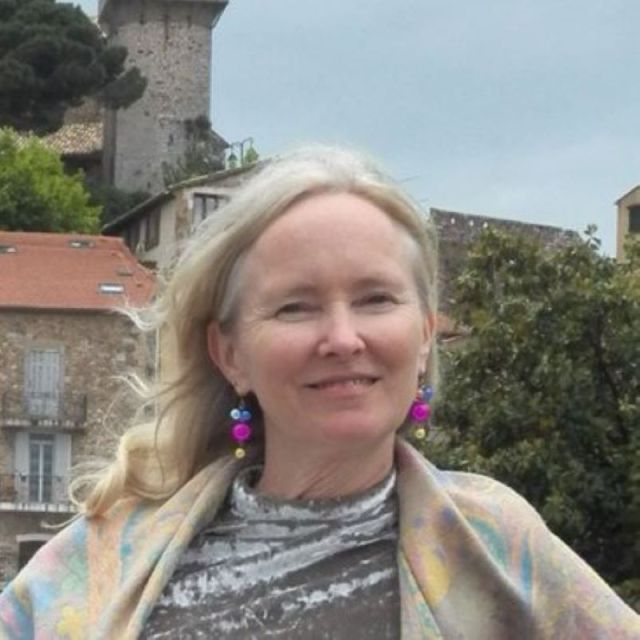Aging in America Lecture Series: Remembering the Personal Past in Late Life

Remembering the Personal Past in Late Life
Humans first begin remembering their past in early childhood and continue doing so throughout life, up to their dying days. These memories of life’s unfolding, of ‘being me over time,’ grow as individuals add new moments, and new decades, to their lives. Why do humans remember so much about their personal past, even into very late life? In this talk, Susan Bluck reviews psychosocial functions of remembering that are foundational for humans in navigating an ever-changing world. Beyond that, she illustrates how personal memories align with larger human motivations. Her research provides examples of how individuals create meaning, express purpose, find redemption, and savor wisdom - as they recall their life stories. Grounded in collecting and analyzing individuals’ own remembered life experiences, her work provides a deep, textured view of aging.
Biography
Dr. Susan Bluck is Director of the Life Story Lab at the University of Florida and a Fellow of the Gerontological Society of America. She obtained her BA (Psychology) from the University of British Columbia, Canada, her PhD (Social Ecology) from the University of California, Irvine, USA, and did her postdoctoral work at the Max Planck Institute for Human Development, Germany. Dr. Bluck’s research is grounded in a functional, ecological approach. She is a lifespan developmental psychologist with an emphasis on adult development, aging, and the end-of-life. Her research examines the ways that individuals use memories of life’s experiences (i.e., remembering, autobiographical reasoning, life stories) to serve adaptive psychosocial functions in their current life context. She has a strong international profile and her contributions to both theory and measurement development are highly cited. Her empirical work, demonstrates autobiographical memory serves a variety of functions including maintaining self-continuity, developing intimacy and empathy in relationships, and guiding future behavior. In her most recent research she collaborates with health professionals to examine the last chapter of the life story - how and why people recall death-related events. Her theoretical and empirical work appears in such journals as Psychology and Aging, The Gerontologist, Memory and Death Studies. She has served on editorial boards for JARMAC, JPSP, and Psychology and Aging. She has received funding from a variety of sources with current work funded by the National Cancer Institute. In her spare time she dabbles in research relating memory to time perspective, wisdom and nostalgia.